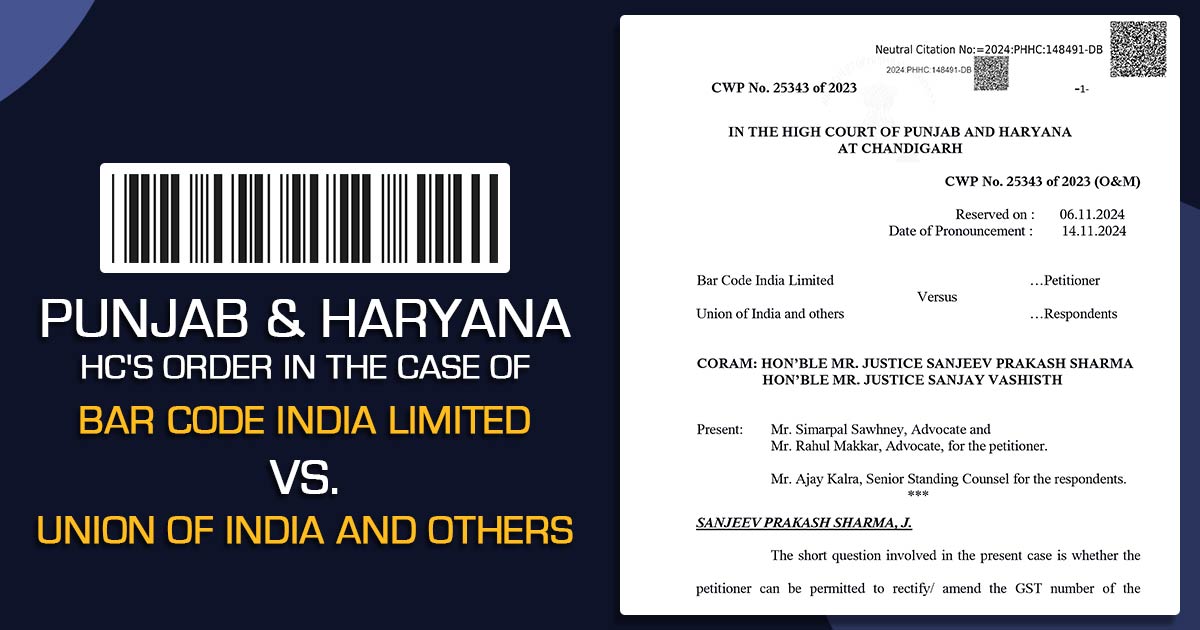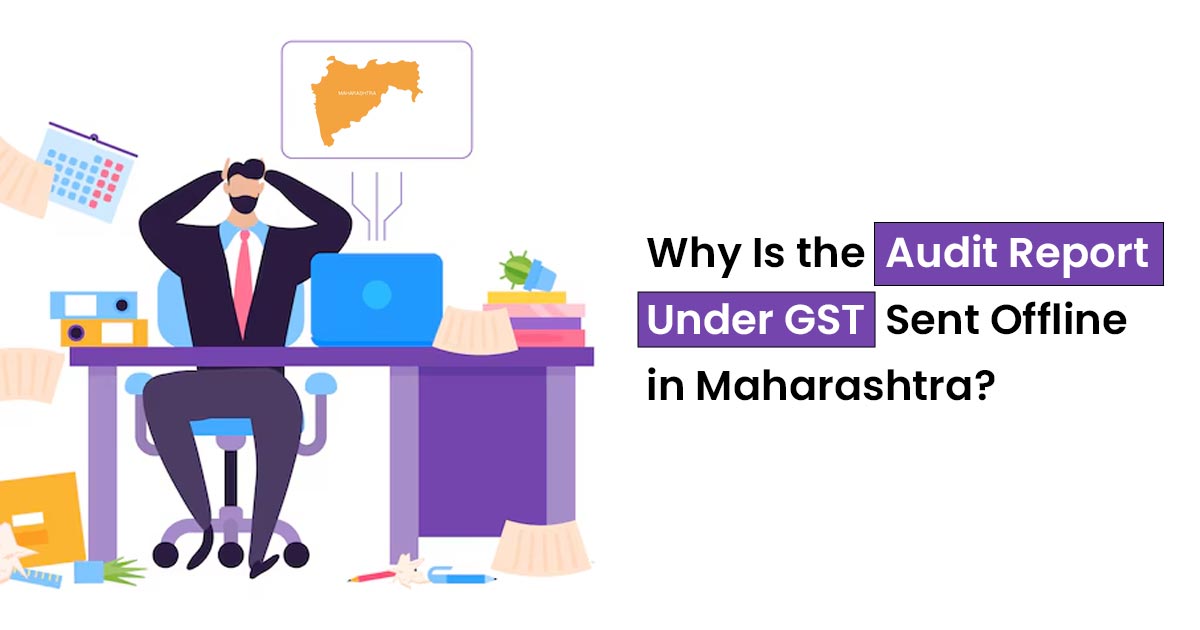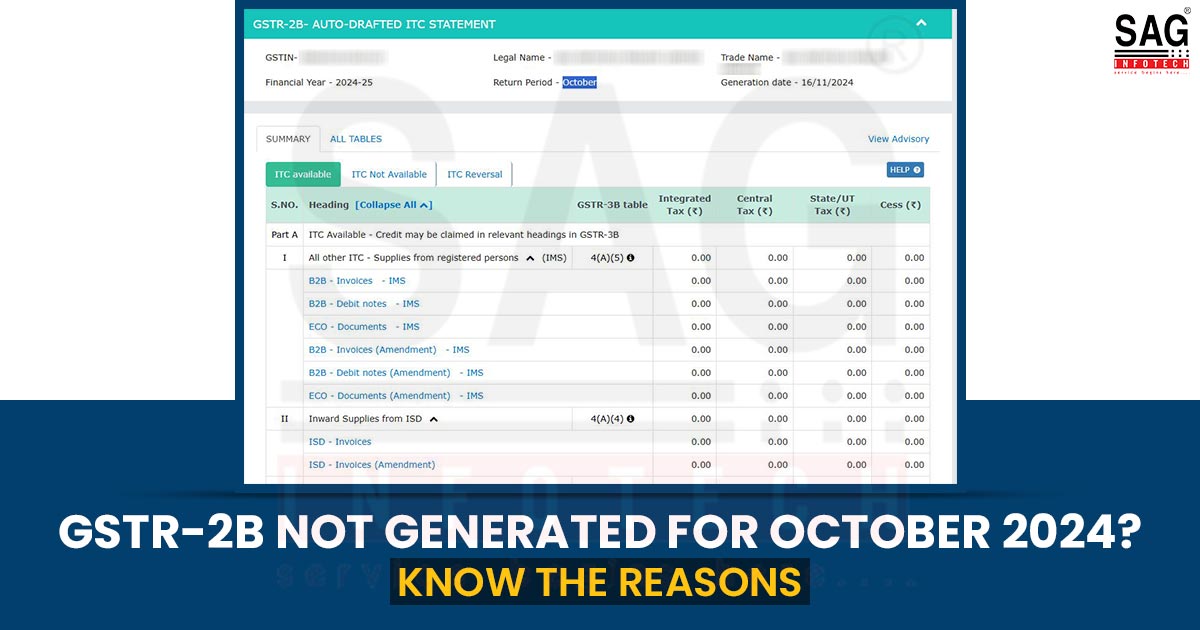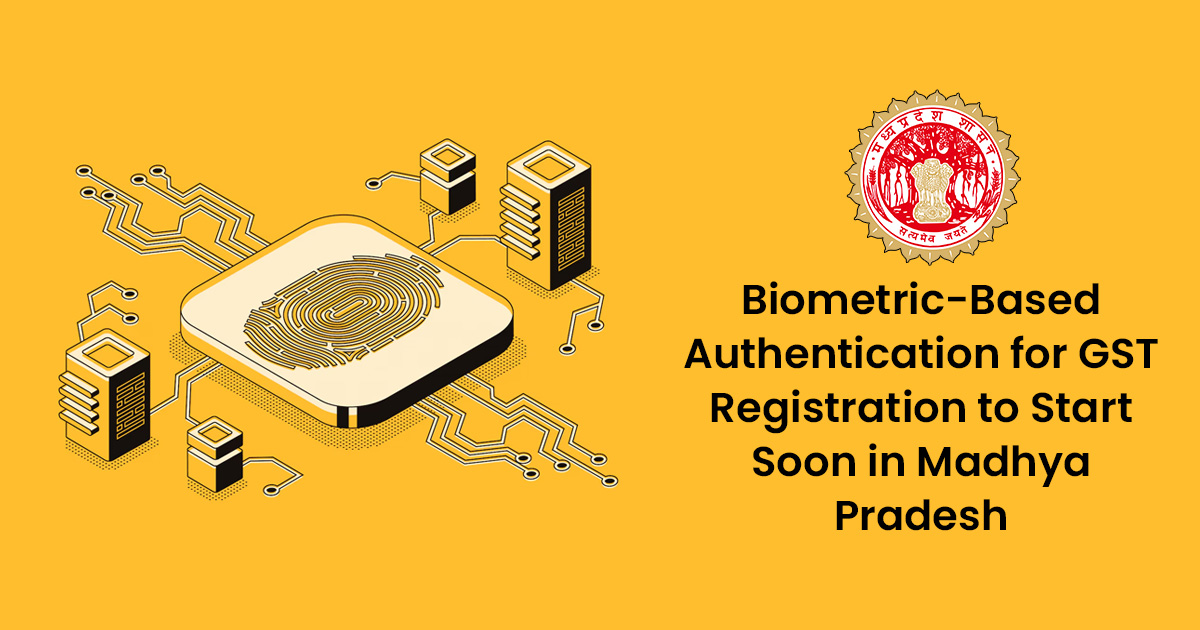State Government have to deal with two major issues- First one businesses have to stabilize their operations after the implementation of the new indirect tax regime and the second one to introduce 7th Pay Commission for state employees.


Powerd By SAG INFOTECH
Notifications can be turned of anytime from browser settings

State Government have to deal with two major issues- First one businesses have to stabilize their operations after the implementation of the new indirect tax regime and the second one to introduce 7th Pay Commission for state employees.

Goods and Services Tax (GST), the biggest tax reform since Independence came into existence on 1st July in India. Industry experts feel that various sectors or industries will not be benefiting with the new tax regime. Some of the renowned Industry experts reviewed over the implementation of the new regime are mentioned below:-

After the rolling out of GST Regime in India, some of the industries benefited with the new regime whereas some are in trouble. The manufacturing sector is one of the most important sectors in the country, retailers and dealers are facing problems to purchase goods. Initially, they are focusing to clear their available or old stock.
Latest GST Circulars/orders from the official head office of CBEC and commissioner GST is available up to date for the notification purpose of GST India. The Goods and service tax is the biggest reform by the Indian government to tackle the complex tax rate structure that was followed until now. It has been assumed that […]
GST notification is a source for all the latest updates and notifications regarding Central, Integrated, Union Territory and their respective taxes applicable. The following latest notifications with accordance with proper laws, rules, and rates is a must for every trading and business unit and will keep the tradition in a proper managerial way. Goods and […]

While addressing speech in the launch event President Pranab Mukherjee said that, GST is a disruptive change, initially the country will have to face some teething troubles that will solve promptly, so that the economic growth of the country will not get affected.
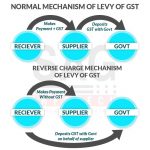
Reverse charge is a mechanism under which the recipient of the goods or services is liable to pay the tax instead of the provider of the goods and services. Under the normal taxation regime, the supplier collects the tax from the buyer and deposits the same after adjusting the output tax liability with the input tax credit available. But under reverse charge mechanism (RCM), liability to pay tax shifts from supplier to recipient.

Only a few days are left for the actual implementation of Goods and Service Tax Regime (GST) and will be launching on midnight of 30th June across the country. Some analysts are indicating for caution.

In the views of Ajit Ranade, the Chief Economist of Aditya Birla Group, GST must ideally have only two slab rates instead of multiple tax rates.
